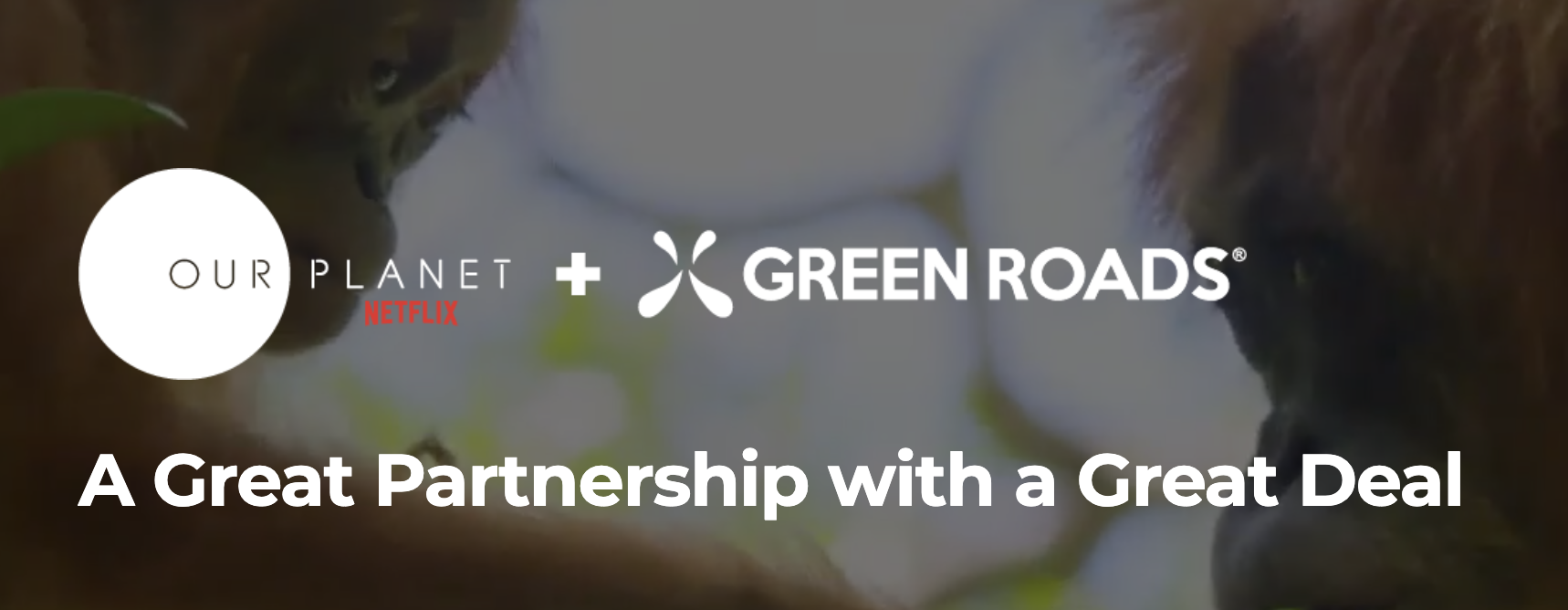
By: Tawanda Carlton, Account Executive
The mainstream cultural shift around the cannabis industry means the stakes are high (pun intended) for brands and businesses looking to maximize their awareness and profit in this growing market.
Today, cannabis is now legal in some form (medicinal or recreational use) across 34 states, which allows more options for growers, entrepreneurs and businesses to grow, retail, and supply the plant. Additionally, by 2021, the legal marijuana market is projected to reach $31 billion. For brands looking to make a splash in the industry, having a sound communications strategy has never been more important.
The reason? Historically, traditional advertising of cannabis has been illegal and not much has changed in 2019. Despite the evolving perception of the drug, cannadvertising is still closely regulated. From radio advertisements to billboards and TV, there still remains a slew of red tape to sift through. When it comes to social media, many of the major platforms (Twitter, Instagram, and Facebook) do not allow cannadvertising on their channels. So what does this mean? Well, for emerging consumer brands, PR becomes the prime method to capture consumers’ attention.
Our team recently worked with a cannabis-based client, focused in the areas of education, activism, and investment. Due to the aforementioned rules and regulations, we implemented a strategic plan encompassing media relations, social media and email marketing to increase our clients brand awareness and thought leadership in the space. PR has played an increasingly important role in identifying the value proposition and overall credibility of a company over its competitors. The fruits of our efforts were a testament to the value of PR in an industry that is steadily expanding as laws and mandates take shape and the cannabis ecosystem thrives.
With hundreds, if not thousands, of businesses entering the cannabis industry daily, it’s important to take a look at brands that are getting it right. Cannabis brands must put in additional efforts to change the negative stereotypes and gain consumer buy-in. I’ve provided a roundup of the top six brands and “ganjaprenuers” making headway in this emerging space using many different methods to gain market share.
Chong’s Choice – Using Celebrity to Increase Awareness
The name may have given it away, however, Tommy Chong, one-half of the famous duo Cheech and Chong, helped pioneer a completely unique brand of comedy directed at the counterculture movement in the early 70’s. Tommy’s approach to cannabis advocacy and destigmatizing the use of the plant led the star to share his passion and knowledge of cannabis with the world. The star has leveraged his celebrity and gained traction in major media outlets.

Green Roads – Netflix, Chill, and Give Back
Green Roads, a major player in the CBD industry, is on its way to becoming a household name. The brand recently partnered with mega-media house Netflix to create nature show, “Our Planet” that will align with their line, ’Our Planet’ products. Ten percent of the company’s proceeds (from its product sales) will support the Center for Great Apes organization.
Viola – From NBA Talent to Cannabis Tycoon
Founded by NBA veteran Al Harrington, Viola is an ode to the player’s grandmother who suffered from a number of chronic illnesses that were relieved once she tried the plant. Like many entertainers and athletes entering the market, Harrington leverages his celebrity to cultivate the plant and employ a burgeoning workforce (he has 70 employees and counting). His company is currently valued at $100 million dollars.
Lord and Jones – Under the Influence
In 2018, the brand noticed a spike in mentions of CBD-related products when the plant began to more be a hot topic of discussion in mainstream media. The company decided to capitalize on this traction and utilized influencers to increase awareness around their brand.
Gramsly – Subscription Model Experiences ‘New Highs’
This subscription-based brand wanted to remove consumers’ confusion around what brand or CBD product to try, so they launched a CBD subscription-based service. Consumers now have a way to test and experience CBD oil-based products (legal in every state) through the service. Just how retail has expanded its DTC (direct-to customer) offerings, cannabis is now bringing the THC…DTC.

Despite the popular, or unpopular, opinion of weed, marijuana, cannabis or ganja, the plant will eventually become legal in all 50 states in the U.S. As brands race to solidify their place in the market, it’s important for companies to understand and capitalize on this through traditional and non-traditional methods. Strategic public relations, social media and marketing campaigns will be advantageous in helping brands position themselves as household names.
